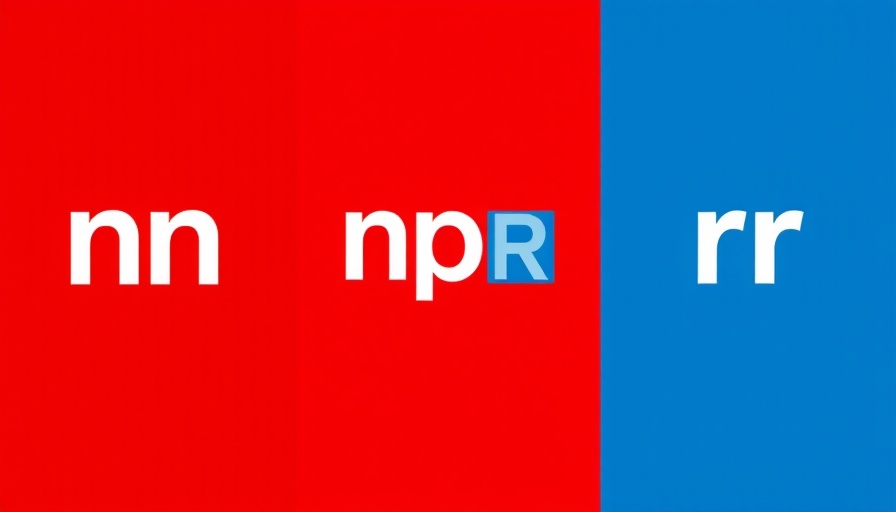
Media Outrage: The Call to Defund NPR
In light of recent testimony by NPR CEO Katherine Maher, discussions surrounding media funding are heating up. During a session with congressional Republicans, Maher faced serious questions about her past social media remarks, which included endorsements of reparations and assertions linking white supremacy to various issues. This scrutiny isn’t merely a political stunt; it reflects a profound concern among conservatives regarding alleged biases in publicly funded outlets.
The Rising Tide of Media Criticism
Maher's testimony, described as evasive, has led to calls from conservative circles to reevaluate NPR's taxpayer support. Critics argue that if leadership is openly endorsing progressive ideologies, it raises questions about the impartiality expected from such institutions. The backlash is rooted in a broader culture of distrust towards mainstream media, which many view as increasingly radical and disconnected from the views of average Americans.
NPR's Challenging Landscape
As discussions emerge about defunding public broadcasting networks, it’s imperative to understand the implications. Public media funding has been a contentious point in the U.S., with advocates arguing that diverse viewpoints are essential for a functioning democracy. Nonetheless, recurring claims of media bias can erode public trust. It begs the question: How can organizations like NPR regain credibility if they appear politically compromised?
Public Funding vs. Accountability
By turning the spotlight on Maher’s comments, Republicans are tapping into frustrations surrounding perceived bias in media representation. Many voters, particularly those aged 25 to 85 in affluent and professional demographics, are seeking news sources that reflect their values. This generational inquiry into the integrity of news can lead to significant changes in funding and oversight.
The Future of Public Media
The debate on whether to defund NPR will shape not only the future of public broadcasting but also the broader conversation about media accountability. More than just a defensive position, it prompts vital considerations for all media organizations about transparency and ethical governance.
As the situation unfolds, citizens are encouraged to engage with media critically and to advocate for more transparent journalism that reflects a diversity of opinions. In a climate of distrust, the media's role must be reimagined to better serve the public, encouraging responsible reporting and accountability.
 Add Row
Add Row  Add
Add 




 Add Row
Add Row  Add
Add 



Write A Comment